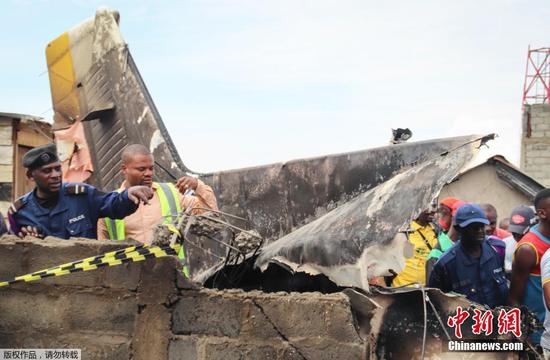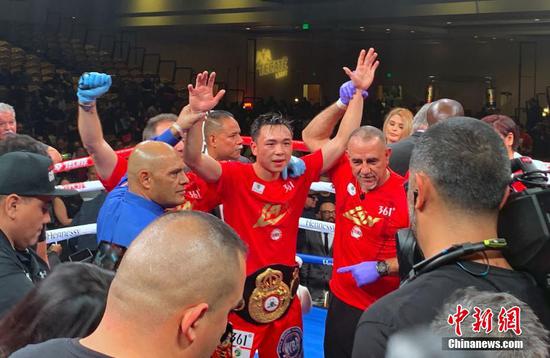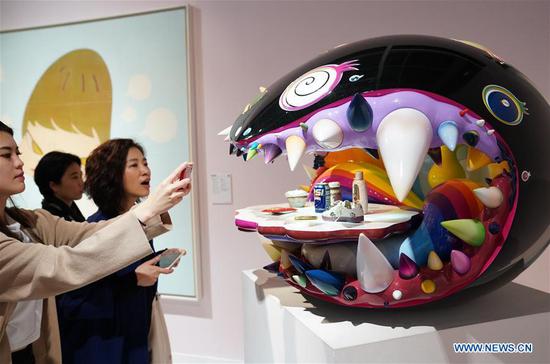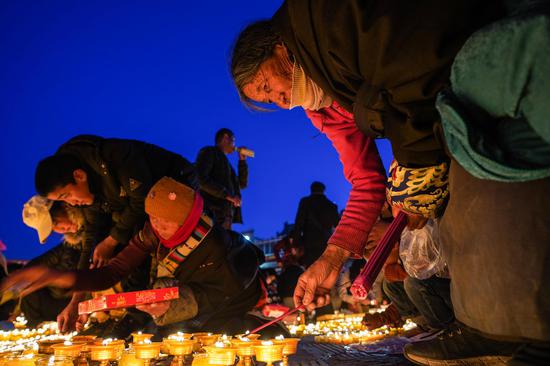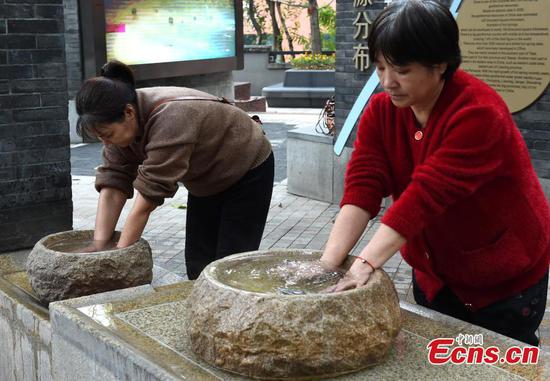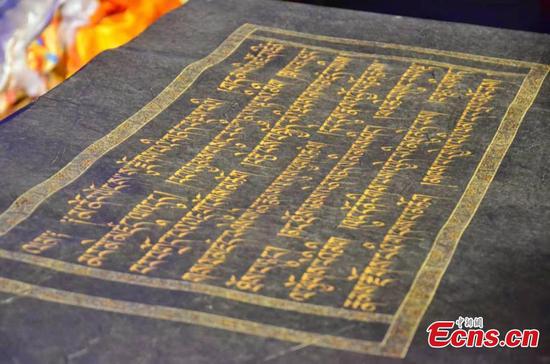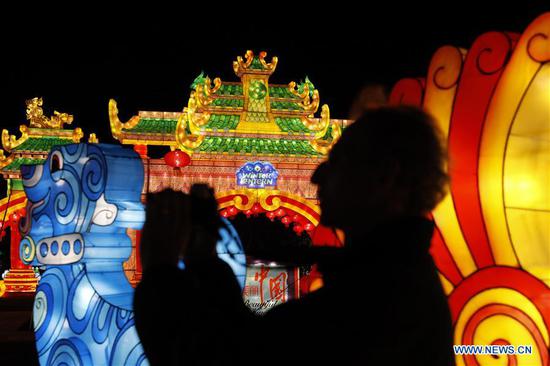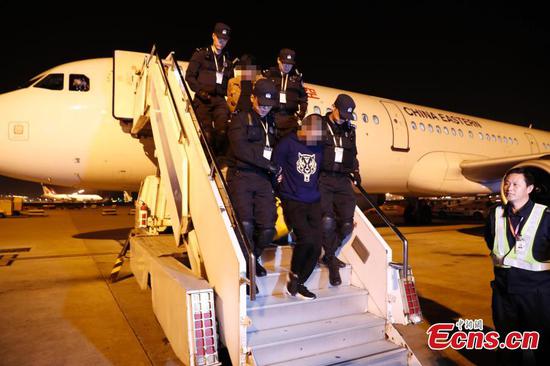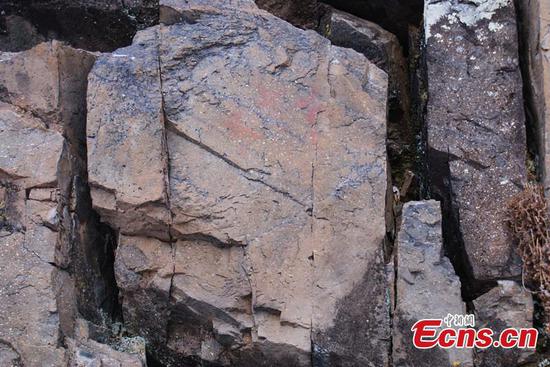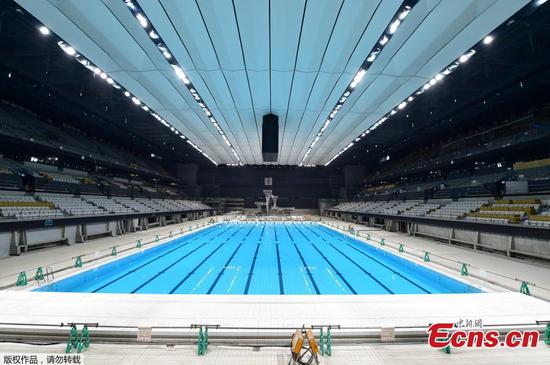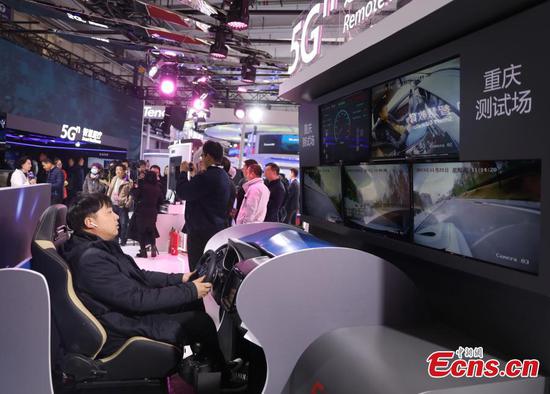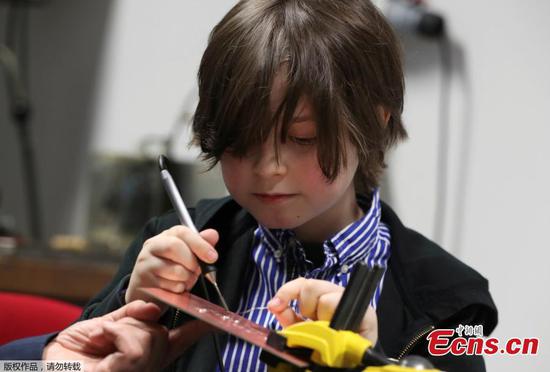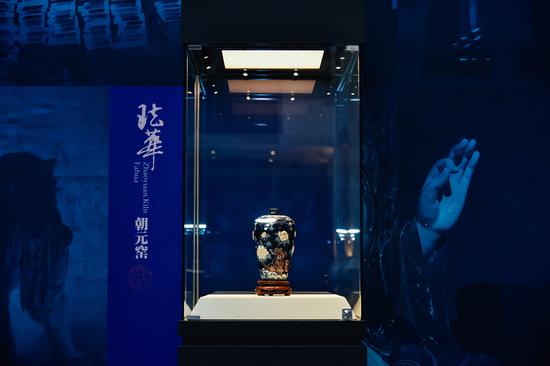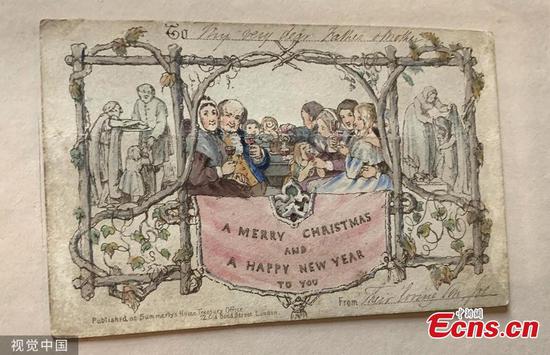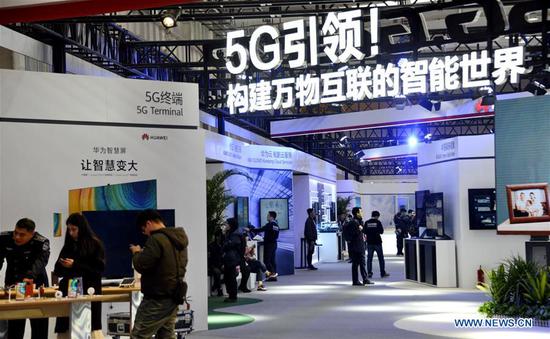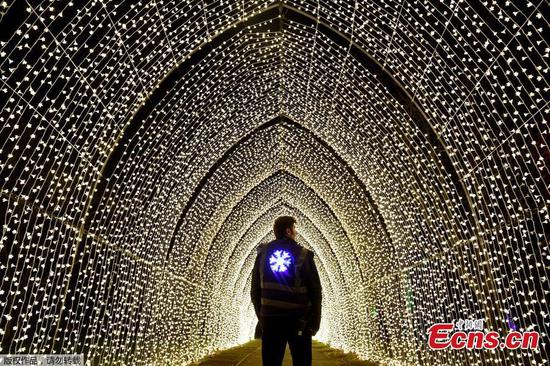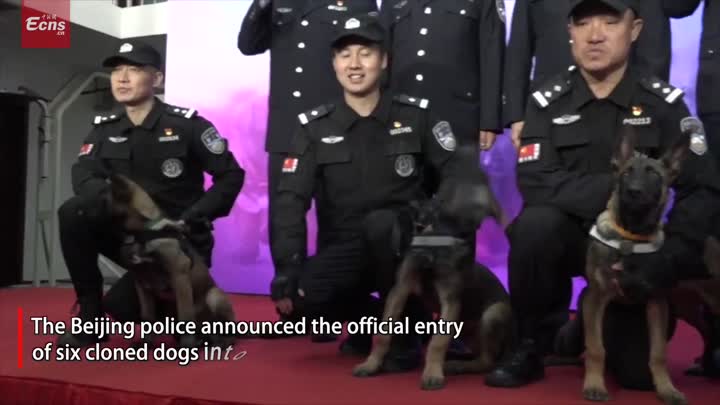Editor's note: Dr. John Gong is a research fellow at Charhar Institute and professor at the University of International Business and Economics. The article reflects the author's opinions, and not necessarily the views of CGTN.
In the United States Congress, the votes have come out regarding the "Hong Kong Human Rights and Democracy Act." The Senate version, S.1838, was passed with unanimous consent. In the House, the result was 417 to 1, and the lone vote against it was from conservative Republican Congressman Thomas Massie from Kentucky who stood several times alone on the House floor in the past against the rest of the House.
Both the Senate and the House versions will be reconciled before being sent to U.S. President Donald Trump for his signature. Trump is very likely to sign it, given the overwhelming support of the bill from Congress.
A wave of protests and condemnations against this bill swept through China, including from several ministerial level government agencies in Beijing and in Hong Kong. While Florida Senator Marco Rubio claims that how Washington treats Hong Kong is an internal affair of the United States, the fact that the bill represents a clear American interference in Hong Kong is indisputable, as the timing of the passing of the bill might serve as a sign of supporting violent protests and a free pass to the rioters on the streets of Hong Kong.
But in substance, there is really nothing there that fundamentally alters the political dynamics among Washington, Beijing and the HKSAR government.
The Senate bill mainly consists of five parts among other things: a requirement for the State Department to report annually regarding the autonomous status of Hong Kong; a requirement for the Department of Commerce to report annually regarding violations of U.S. export control laws and U.N. sanctions in Hong Kong; treatment of Hong Kong applicants for U.S. visa application; protection of U.S. citizens in Hong Kong; and sanctions targeting persons responsible for undermining freedoms and autonomy in Hong Kong.
The first four items above are indeed the things that Washington can do at any time without adding more administrative burdens on the executive branch, while the last one is probably something that will have an impact on the HKSAR government's effort to end violence and bring law and order back, especially within the Hong Kong police department.
In its original language, this provision targets those responsible for "the extrajudicial rendition, arbitrary detention, torture, or forced confession of any person in Hong Kong; or other gross violations of internationally recognized human rights in Hong Kong." The consequences of meeting this criterion will be visa denial to the United States and possible "asset blocking," essentially meaning confiscation of properties in the U.S.
At the surface a Hong Kong policeman fighting thuggish rioters on the streets should have nothing to fear about such a politically correct and moral mission. But let's be honest here, Washington's track record of dealings in foreign relations pertaining to concepts such as justice and human rights is as about as good as CNN's reporting of what is really going on in Hong Kong.
And for that reason it does restrain the hands of those in the HKSAR government who have a U.S. connection to lock up rioters on the streets. And for that reason the "Hong Kong Human Rights and Democracy Act" does represent a gross interference of internal affairs in Hong Kong, and consequently in China.
Oddly, the first place feeling the consequence of this totally unwarranted piece of legislation is actually not in Hong Kong, but, perhaps much to the surprise of the lawmakers in Washington, in Boston.
Probably encouraged by this bill or trying to advocate for this bill, some "peaceful demonstrators" at Boston University, a term used time and time again by CNN in its recent reporting of Hong Kong, vandalized a total of seven buildings on Boston University campus with graffiti, including slogans like "free Hong Kong," "liberate Hong Kong," and "save Hong Kong" etc.
Cleaning off the paint could run to "many tens of thousands of dollars," according to Tom Daley, associate vice president for facilities management and operations at Boston University.
However, CNN has been dead silent on this crime so far.










